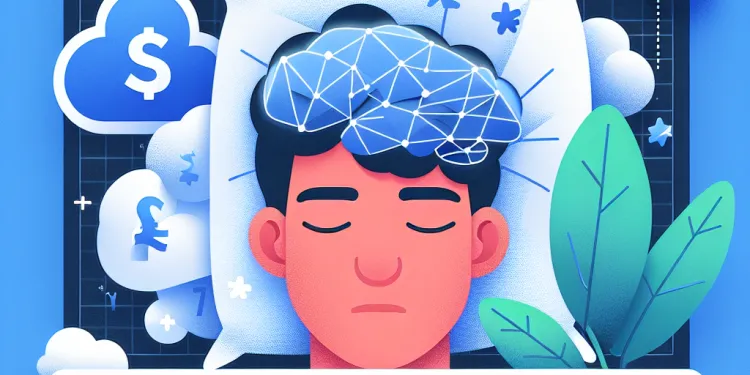
Find Help
More Items From Ergsy search
-
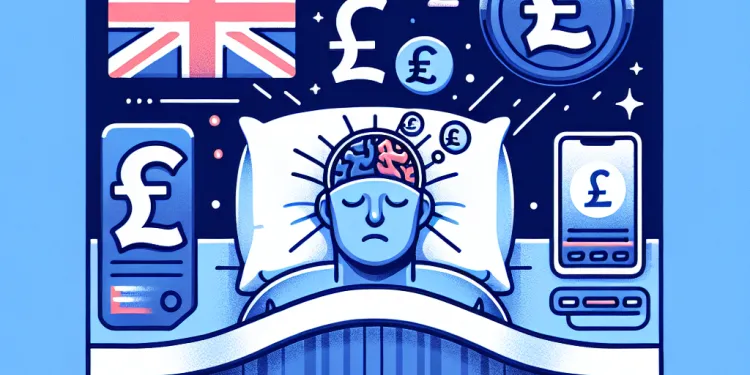
Is it safe to sleep after a concussion?
Relevance: 100%
-
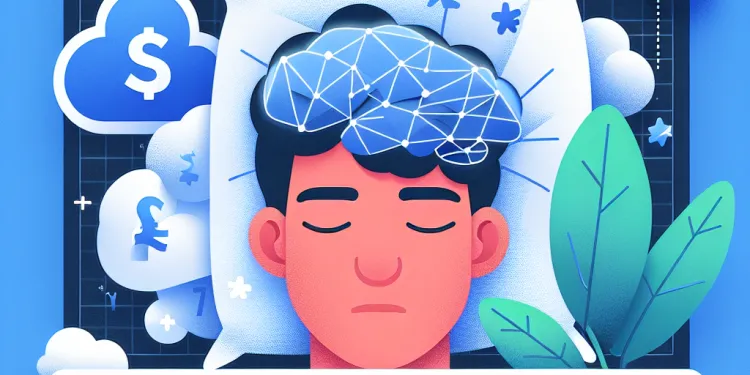
Is it safe to sleep after a concussion?
Relevance: 99%
-
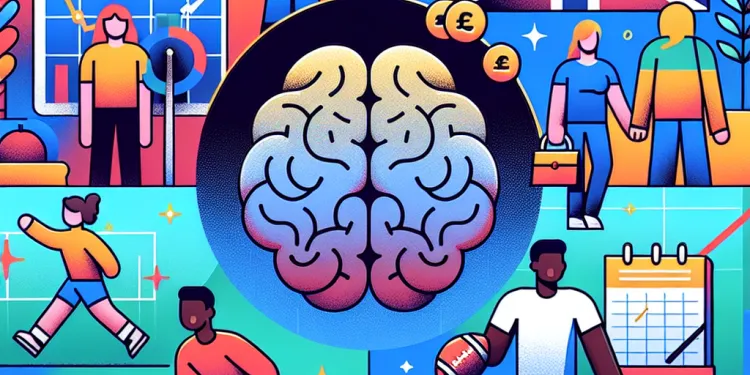
When is it safe to return to normal activities after a concussion?
Relevance: 61%
-

When is it safe to return to normal activities after a concussion?
Relevance: 61%
-
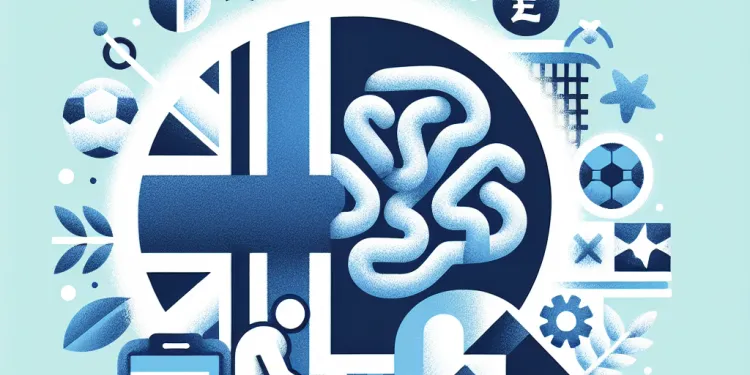
What is Concussion?
Relevance: 60%
-
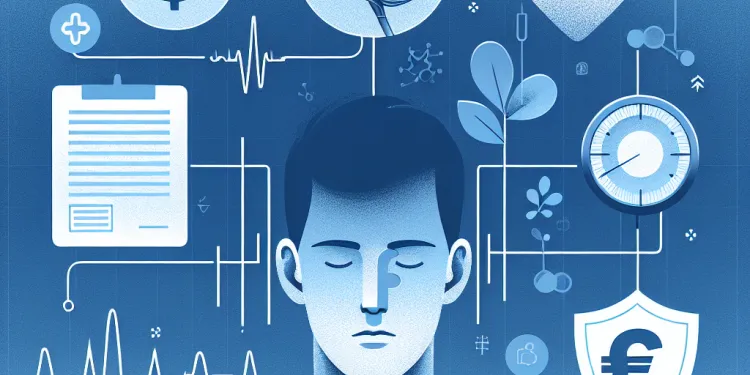
What are common symptoms of a concussion?
Relevance: 56%
-
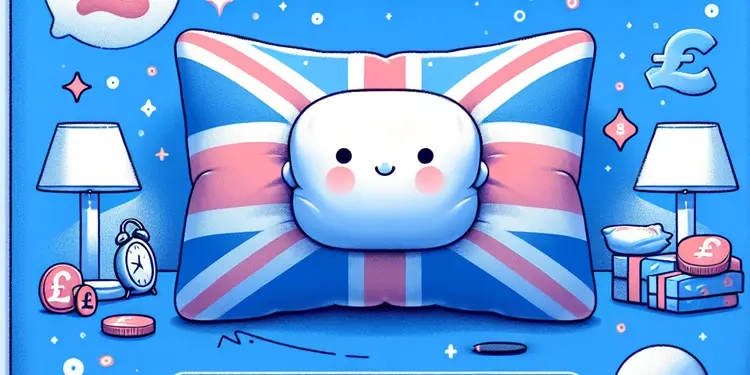
Are baby sleep pillows safe?
Relevance: 56%
-
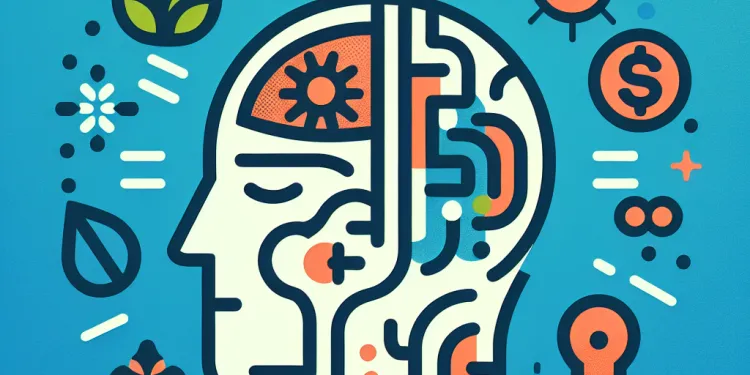
Is headache a symptom of a concussion?
Relevance: 54%
-
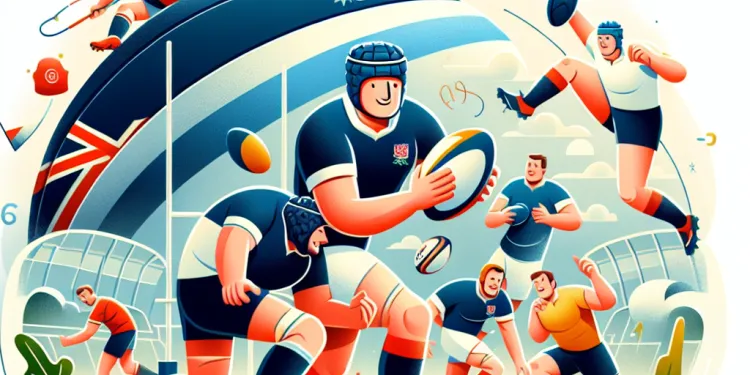
Are Concussions common in Rugby?
Relevance: 52%
-
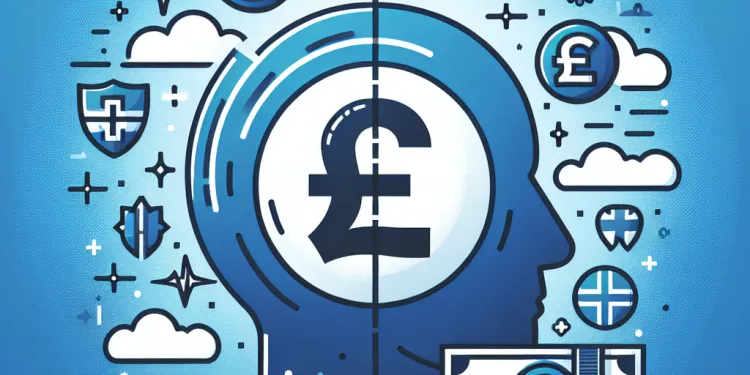
How can concussions be prevented?
Relevance: 52%
-
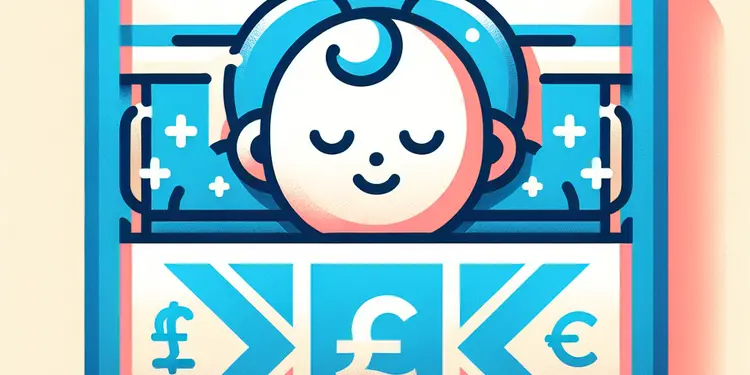
Why are baby sleep pillows not safe for infants?
Relevance: 51%
-
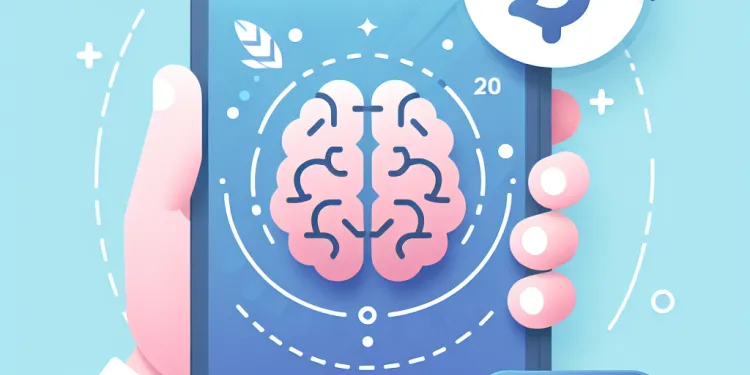
Is there any way to prevent concussions?
Relevance: 50%
-
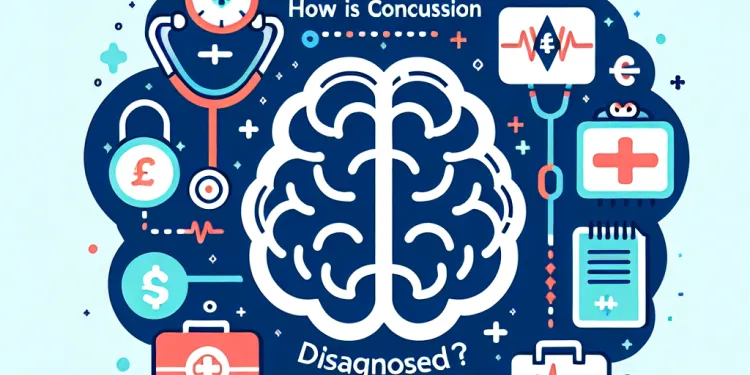
How is a concussion diagnosed?
Relevance: 50%
-
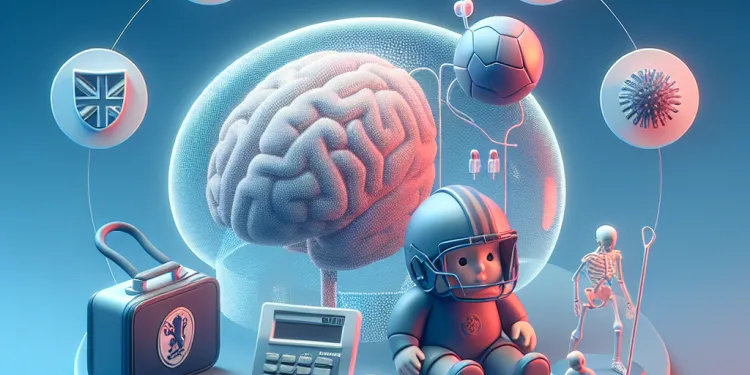
Are children more susceptible to concussions than adults?
Relevance: 49%
-

How can concussions be prevented in rugby?
Relevance: 49%
-
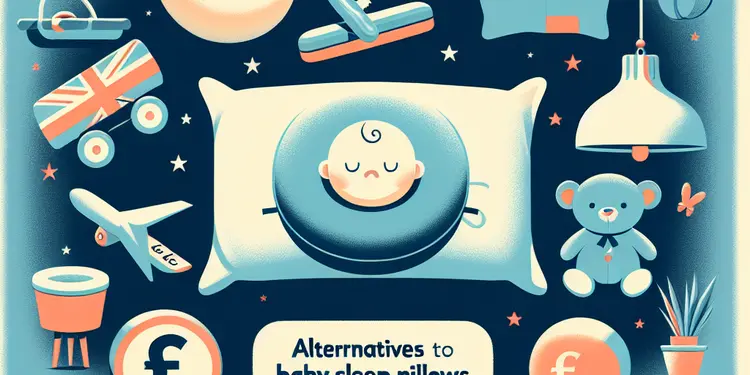
What alternatives to baby sleep pillows are considered safe?
Relevance: 49%
-
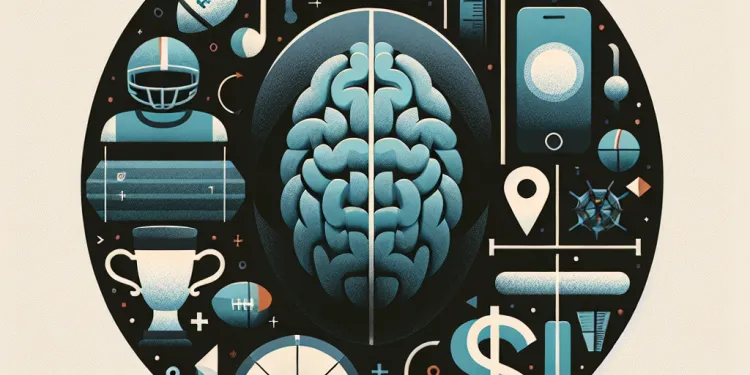
What causes concussions in rugby?
Relevance: 49%
-
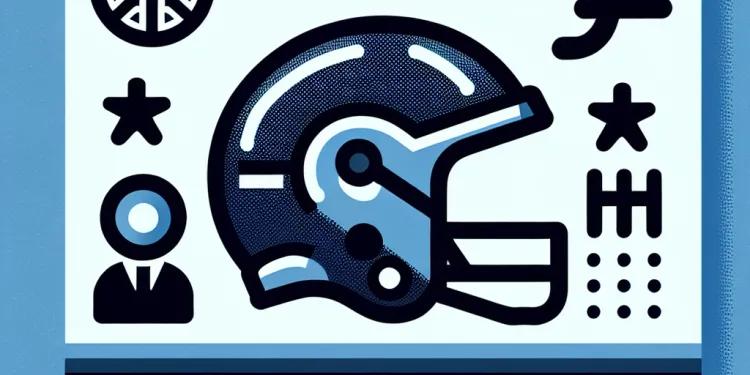
How can concussions be prevented?
Relevance: 49%
-
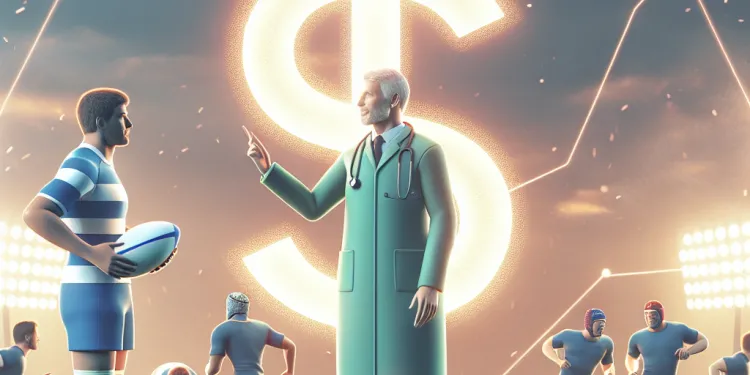
Is there a protocol for managing concussions in rugby?
Relevance: 48%
-
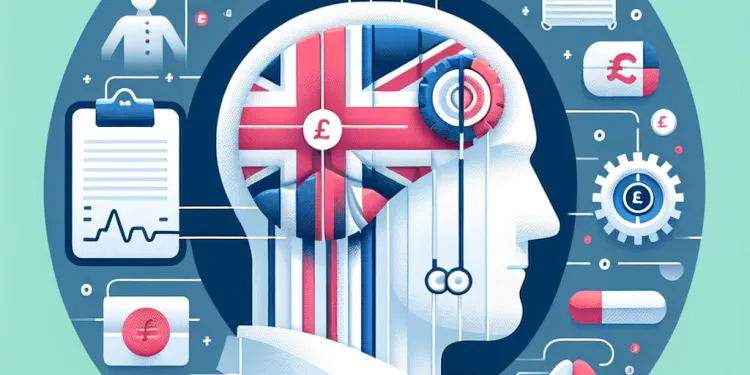
How is a concussion diagnosed?
Relevance: 48%
-
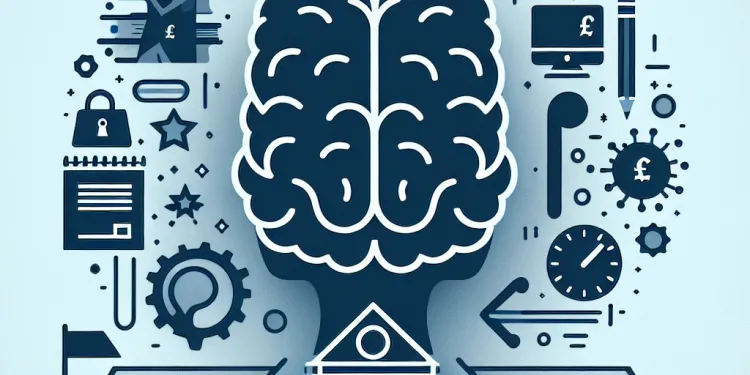
What role do schools play in managing concussions?
Relevance: 47%
-
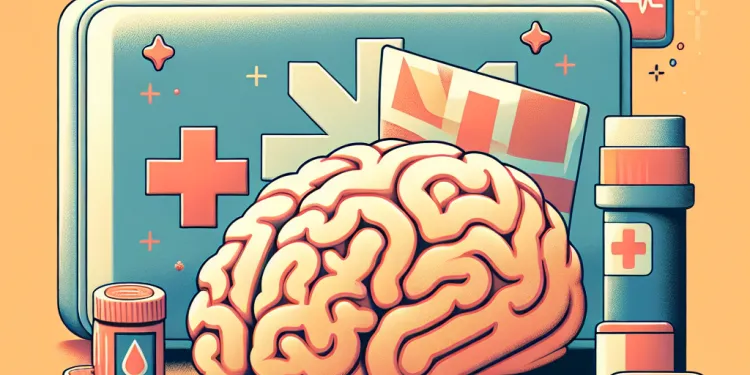
What immediate steps should be taken if someone has a concussion?
Relevance: 47%
-
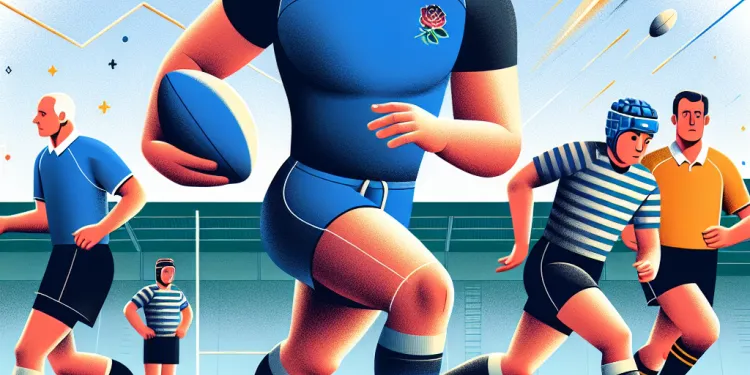
What age groups are most at risk for concussions in rugby?
Relevance: 46%
-
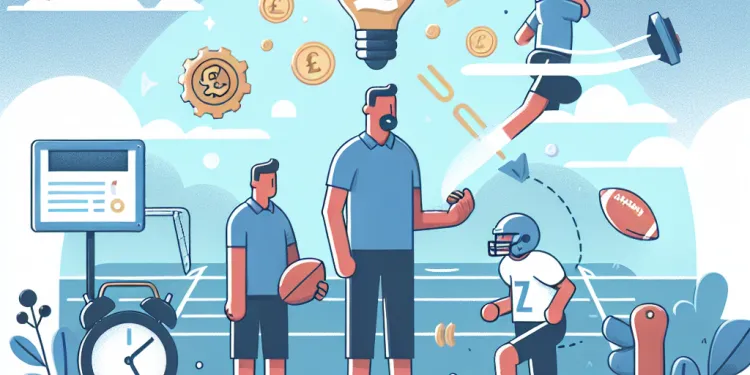
Is training available for coaches to help prevent concussions?
Relevance: 46%
-

Can concussions lead to mental health issues?
Relevance: 45%
-

Should people with a concussion avoid screens and technology?
Relevance: 45%
-
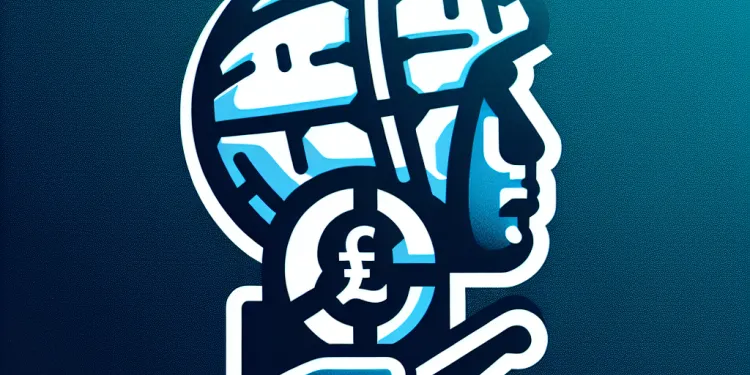
What support is available for rugby players who suffer concussions?
Relevance: 45%
-
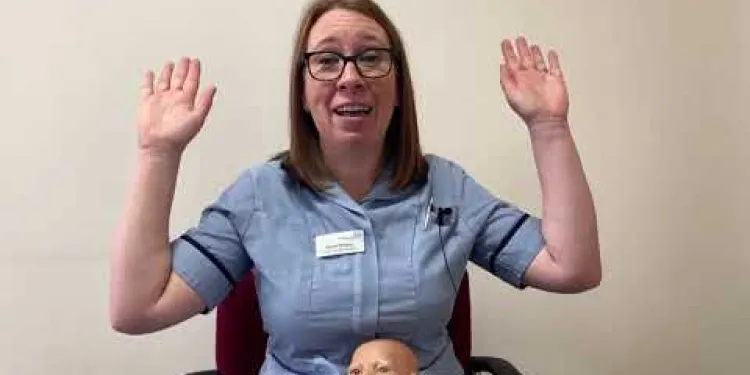
Safe sleeping and reducing the risk of Sudden Infant Death Syndrome (SIDS)
Relevance: 44%
-
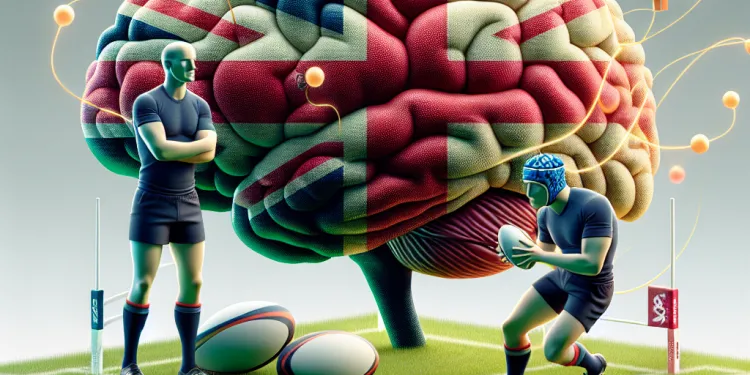
Are helmets required in rugby to prevent concussions?
Relevance: 44%
-
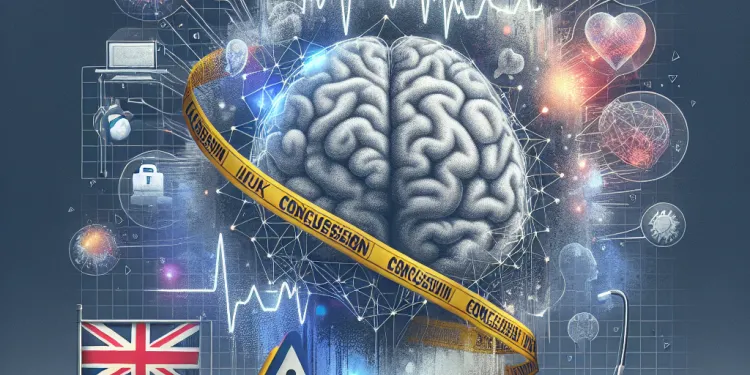
Can a concussion cause memory problems?
Relevance: 44%
-
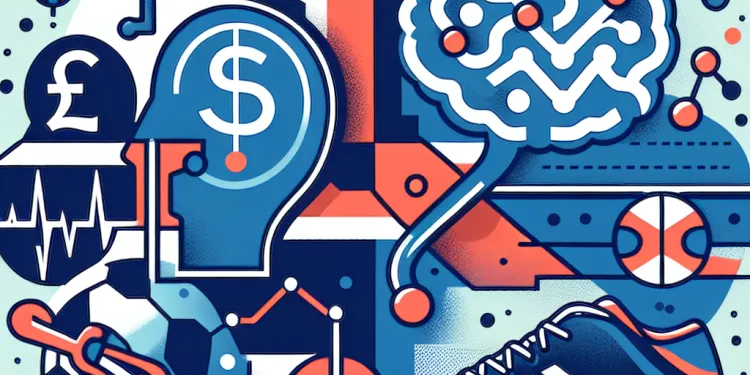
Can playing sports increase the risk of a concussion?
Relevance: 44%
-
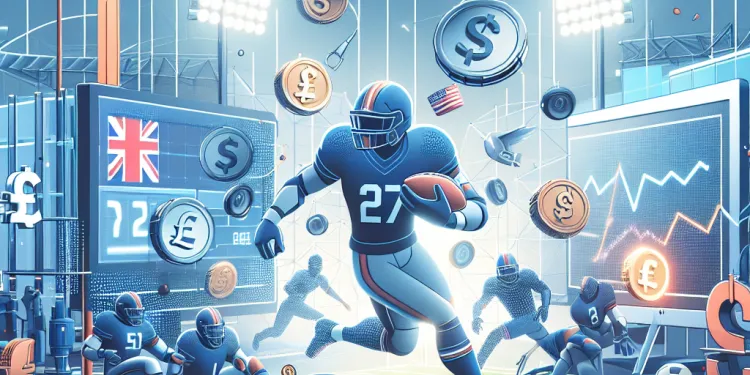
Can players return to play on the same day after a suspected concussion?
Relevance: 44%
-
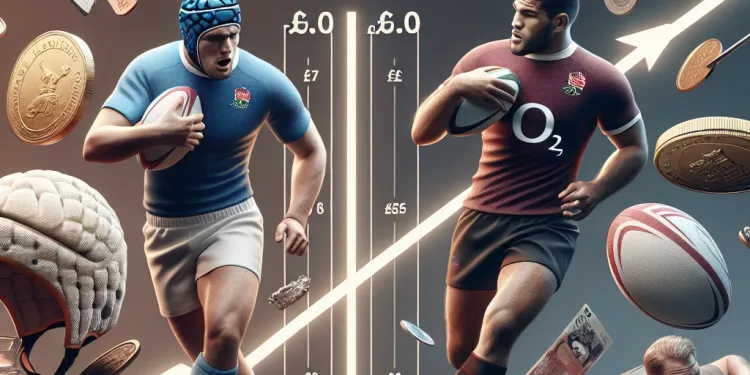
Is there a difference in concussion rates between amateur and professional rugby?
Relevance: 43%
-
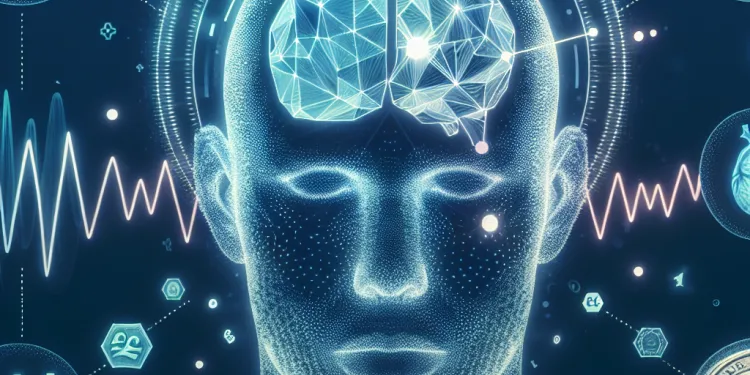
Can concussions occur without a direct blow to the head?
Relevance: 42%
-
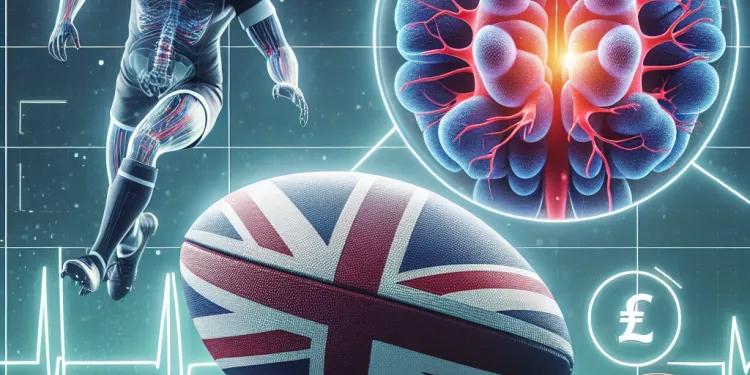
How do concussions impact long-term health in rugby players?
Relevance: 42%
-
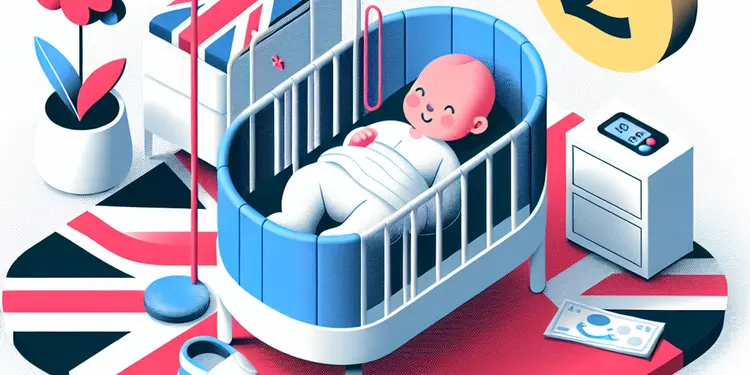
What is the safest sleep environment for an infant?
Relevance: 38%
-
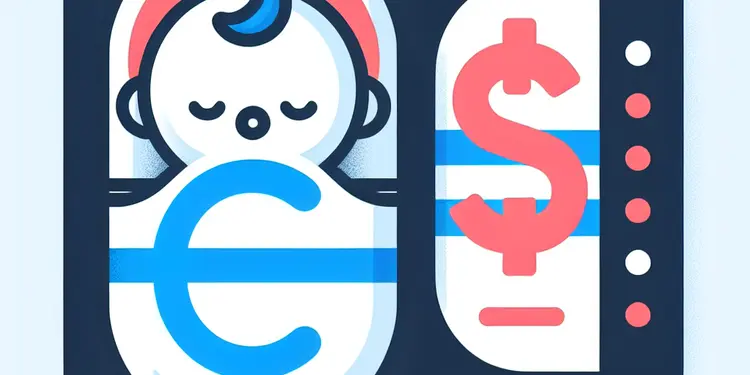
Is it okay to use a baby sleep positioner?
Relevance: 37%
-

Are anti-roll pillows safe for newborns?
Relevance: 36%
-
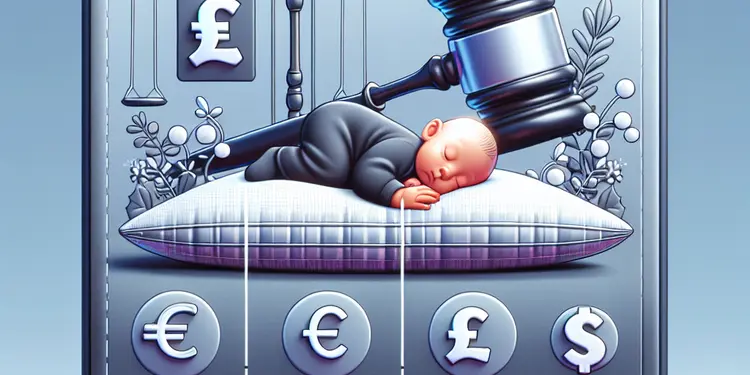
Are there any regulations on the sale of baby sleep pillows?
Relevance: 36%
-

What are the risks associated with baby sleep pillows?
Relevance: 36%
Is it Safe to Sleep After a Concussion?
Understanding Concussions
A concussion is a type of traumatic brain injury caused by a blow or jolt to the head, which can disrupt the normal function of the brain. Common symptoms include headaches, confusion, dizziness, and temporary loss of consciousness. While concussions are often associated with sports, they can occur in everyday activities such as falls or car accidents. Recognising the symptoms early and administering proper care is crucial to recovery.Misconceptions About Sleeping
One common misconception is that sleeping after a concussion is dangerous. This belief stems from the fear that a person may slip into a coma or that it might exacerbate symptoms. However, sleep is an important part of the healing process, and it is generally safe to allow someone to sleep after suffering a concussion, provided they are closely monitored for a short period initially.When to Seek Medical Attention
In the UK, if someone experiences a head injury that results in a concussion, medical attention is recommended to assess the severity. If the person presents symptoms such as repeated vomiting, seizures, worsening headaches, or significant drowsiness, immediate evaluation by a healthcare professional is essential. Following initial assessment, most mild concussion cases do not require hospitalisation, but guidance on symptom management and rest is crucial.Monitoring Sleep Post-Concussion
After a concussion, it's wise to wake the individual every few hours during the first night or two to ensure they can be easily aroused and do not display aggravated symptoms. This precaution allows caregivers to check responsiveness and any symptom changes. Once initial dangers are ruled out by a professional, uninterrupted sleep can be beneficial to recovery.Conclusion
In summary, sleeping after a concussion is generally safe and can be instrumental in the healing process. Provided the individual has been properly evaluated, rest should not be unduly restricted. If in doubt, consult medical professionals via the NHS to ensure appropriate care. Sleep is a key component in recovery from a concussion, helping the brain repair itself and reducing recovery time.Is it Safe to Sleep After a Concussion?
Understanding Concussions
A concussion is when the brain gets hurt from a hard bump or jolt to the head. This can make the brain not work right for a while. You might feel symptoms like a headache, feeling confused, dizzy, or even pass out for a short time. Concussions can happen not just in sports but in everyday things like falling or car crashes. It's important to know the signs early and get the right help to get better.Misconceptions About Sleeping
Some people think it's bad to sleep after a concussion because they worry it could cause a coma or make things worse. But actually, sleep can help you heal. It is usually okay to let someone sleep after a concussion, as long as they are watched for a little while at first to make sure they are okay.When to Seek Medical Attention
In the UK, if someone hits their head and might have a concussion, it's good to see a doctor. The doctor will check how bad it is. If someone throws up a lot, has a fit, gets really bad headaches, or feels very sleepy, they need to see a doctor right away. Most of the time, a mild concussion doesn't need a trip to the hospital, but it's important to know how to manage the symptoms and make sure the person gets enough rest.Monitoring Sleep Post-Concussion
After a concussion, it's a good idea to wake the person up every few hours for the first couple of nights. This is to check that they wake up easily and their symptoms are not worse. Caregivers can see if the person is responding well. After a doctor checks them and says it's okay, they can sleep without being disturbed. Sleeping well helps them get better.Conclusion
To sum up, it's usually safe to sleep after a concussion, and it helps in getting better. Make sure a doctor has checked the person, and don't stop them from resting. If you're not sure, talk to doctors through the NHS to make sure you get the right care. Sleep is very important for healing after a concussion because it helps the brain fix itself and get better faster.Frequently Asked Questions
Is it safe to sleep after a concussion?
Yes, it is generally safe to sleep after a concussion, but it is important to be monitored for any worsening symptoms.
Why was it previously advised not to sleep after a concussion?
It was once believed that sleeping could lead to a coma, but now it is understood that sleep is beneficial as long as someone is keeping an eye on you.
What should I do if I have a concussion before going to sleep?
Ensure that someone can wake you periodically to check for any signs of worsening symptoms and seek medical advice.
What symptoms indicate a medical emergency after a concussion?
Vomiting, confusion, severe headache, seizure, or loss of consciousness require immediate medical attention.
Can a mild concussion be treated at home?
Yes, mild concussions can often be managed at home with rest and monitoring, but always seek advice from a healthcare professional.
How long should someone stay awake after a concussion?
It's important to seek medical advice, but frequently, staying awake for a few hours for initial monitoring is recommended.
How can I monitor someone with a concussion while they sleep?
Check periodically for normal breathing, skin colour, and wake them gently to ensure they remain coherent.
Is it normal to feel tired after a concussion?
Yes, fatigue is common after a concussion and rest is part of the recovery process.
What are the signs of a concussion?
Symptoms include headache, dizziness, confusion, nausea, balance problems, or blurred vision.
Should I always see a doctor after a concussion?
Yes, it is important to seek medical assessment to ensure proper care and monitor for complications.
Can children sleep after a concussion?
Yes, children can sleep, but they should be observed closely for any changes in condition.
How soon can I return to normal activities after a concussion?
Follow a healthcare professional's guidance, typically gradually increasing activity as symptoms improve.
What should I avoid after a concussion?
Avoid physical exertion, activities requiring concentration, alcohol, and potentially unsafe activities until cleared by a doctor.
How long does concussion recovery usually take?
Most people recover within a few weeks, but the time varies based on severity and individual response.
What is the best way to aid recovery from a concussion?
Rest, hydration, and following medical advice are crucial in supporting recovery from a concussion.
Can you go to sleep if you hurt your head?
Yes, it is okay to sleep after a bump to the head. But someone should check on you to make sure you are okay and not getting worse.
Why did people say not to sleep after a head bump?
If you hit your head hard, people used to say "Don't sleep!" because they were worried. They thought you might have hurt your brain and wanted to make sure you were okay. If you felt sleepy, dizzy, or had a bad headache, they got extra worried and wanted you to stay awake to check if anything was wrong.
If you are confused, ask a grown-up for help. They can talk to a doctor to make sure you are safe. Using a phone or a reminder can help keep you awake if you need to be.
People used to think that sleep could make you very sick, like being in a coma. Now, we know that sleep is good for you. It's even better if someone is watching over you while you sleep.
What to Do If You Hit Your Head Before Bed
If you bump your head, you might feel dizzy or sick. This is called a concussion.
Here’s what to do:
- Tell an adult you trust.
- Rest in a quiet, dark place.
- Don’t use screens like phones or TVs.
- Drink water.
- If you feel very bad, see a doctor.
Remember, taking care of yourself is important!
Ask someone to wake you up every now and then. Check how you feel. If you feel worse, tell a doctor.
When should you see a doctor after a head bump?
If someone is throwing up, feels mixed up, has a really bad headache, a fit, or blacks out, get a doctor right away.
Can I help someone with a small bump on the head at home?
Yes, you can take care of small head bumps at home. Get plenty of rest and keep an eye on how you're feeling. Make sure to talk to a doctor or nurse for advice too.
How long should someone stay awake after a bump on the head?
If someone hurts their head and feels dizzy or sees stars, it might be a bump on the head (concussion).
After a bump on the head, it's important to ask an adult or a doctor what to do. Sometimes they say to stay awake for a while to make sure you are okay.
Here are some tips to help:
- Talk to a grown-up right away.
- Tell someone if you feel sleepy, dizzy, or sick.
- Use a timer to remember to check how you feel every hour.
Remember, always tell an adult if you hurt your head!
It is good to talk to a doctor. But sometimes, staying awake for a few hours can help you feel better.
How do I watch over someone with a concussion when they sleep?
If someone has a concussion, it means they have a hurt head.
When they sleep, you can do these things:
- Check on them often to make sure they are okay.
- Look for changes like being hard to wake up or confused.
- If they look unwell, call for help. Dial emergency services if needed.
You can use a nightlight so you can see them better.
Write down any changes you notice to tell the doctor.
Check every so often to see if they are breathing normally. Look at their skin color. Wake them up gently to make sure they are still aware.
Is it OK to feel tired after a bump on the head?
Yes, feeling very tired is normal after a bump on the head. Rest helps you get better.
What happens when you have a concussion?
A concussion can change how you feel. Here are some signs:
- You might feel dizzy or confused.
- You could have a headache.
- You might have trouble seeing clearly.
- You could feel sick or want to throw up.
- You might feel tired or sleepy.
If you think someone has a concussion, tell an adult or a doctor. They can help.
Using pictures or videos can help you understand better.
Signs you might feel are a headache, dizziness, being mixed up, feeling sick, trouble standing, or seeing things in a fuzzy way.
Do I need to visit a doctor if I hit my head?
If you bump your head, it's a good idea to see a doctor. A doctor makes sure your head is okay.
Here are some tools that can help:
- Ask someone you trust to go with you to the doctor. They can help you understand.
- Write down any questions you have before your visit.
- Use a phone or computer app to help you remember things the doctor says.
Yes, it is important to see a doctor. They can help take care of you and check for any problems.
Can kids sleep after a bump on the head?
If a child hits their head, we call it a concussion. This means their brain got a little shake. After a small bump on the head, kids can usually go to sleep. But it's important to check on them and make sure they are okay.
Here are some tips:
- Watch them closely for the first few hours.
- If they seem really sleepy, wake them gently to see if they're okay.
- Talk to a doctor if you're worried.
Always be careful and ask an adult to help if you don't know what to do.
Yes, kids can sleep, but grown-ups need to watch them carefully to see if anything changes.
When can I do my normal activities after a bump to the head?
If you hit your head, you might get a concussion. This means your brain got a little hurt. It's very important to rest and take care. Here is what you can do:
- First, rest a lot. Sleep and relax.
- Ask a grown-up or doctor when it is okay to play or work again. They will help you know what to do.
- Wait until you feel all better. Don’t rush back to sports or school.
- If your head still hurts or you feel dizzy, tell someone.
Remember, going slow is good. Listening to your body will help you get better!
Listen to your doctor. They will tell you how to get better. Usually, you start doing more as you feel better.
What should I not do after a concussion?
If you hurt your head, that is called a concussion. Here are things you should not do:
- Do not play sports or run around.
- Do not play video games or use computers a lot. Rest your brain.
- Do not watch too much TV or look at brightly lit screens.
- Do not drink alcohol or use any drugs.
- Do not drive a car or ride a bike until a doctor says it's okay.
- Do not go back to your normal routines right away. Take it easy.
Ask a friend or an adult to help you remember.
Don't do hard exercise or things that need you to really focus. Also, don't drink alcohol or do things that might not be safe. Wait until your doctor says it's okay.
How long does it take to get better from a concussion?
Most people get better in a few weeks. How long it takes can be different for each person. It depends on how bad it is and how each person heals.
How can you get better after a concussion?
A concussion is a hurt to your head. Here are some ways to help you feel better:
- Rest: Sleep a lot and relax. Don't do too much right away.
- Take Breaks: If you feel tired, stop what you are doing and rest.
- Doctor Visits: Go to the doctor. They can help you get better.
- Eat Well: Eat good food like fruits and vegetables.
- Stay Hydrated: Drink lots of water.
- Tell Someone: Talk to a friend or family if you feel worried or upset.
It is important to be patient. Getting better takes time.
Tools that can help:
- Reminder Notes: Use notes to help you remember things.
- Timers: Set a timer to remind you to rest.
- Relaxation Apps: Use an app to help you calm down and relax.
Ask for help if you need it. You are not alone.
Rest, drink lots of water, and listen to your doctor to help you get better from a bump on the head.
Useful Links
This website offers general information and is not a substitute for professional advice.
Always seek guidance from qualified professionals.
If you have any medical concerns or need urgent help, contact a healthcare professional or emergency services immediately.
Some of this content was generated with AI assistance. We’ve done our best to keep it accurate, helpful, and human-friendly.
- Ergsy carfully checks the information in the videos we provide here.
- Videos shown by Youtube after a video has completed, have NOT been reviewed by ERGSY.
- To view, click the arrow in centre of video.
- Most of the videos you find here will have subtitles and/or closed captions available.
- You may need to turn these on, and choose your preferred language.
- Go to the video you'd like to watch.
- If closed captions (CC) are available, settings will be visible on the bottom right of the video player.
- To turn on Captions, click settings .
- To turn off Captions, click settings again.
More Items From Ergsy search
-

Is it safe to sleep after a concussion?
Relevance: 100%
-

Is it safe to sleep after a concussion?
Relevance: 99%
-

When is it safe to return to normal activities after a concussion?
Relevance: 61%
-

When is it safe to return to normal activities after a concussion?
Relevance: 61%
-

What is Concussion?
Relevance: 60%
-

What are common symptoms of a concussion?
Relevance: 56%
-

Are baby sleep pillows safe?
Relevance: 56%
-

Is headache a symptom of a concussion?
Relevance: 54%
-

Are Concussions common in Rugby?
Relevance: 52%
-

How can concussions be prevented?
Relevance: 52%
-

Why are baby sleep pillows not safe for infants?
Relevance: 51%
-

Is there any way to prevent concussions?
Relevance: 50%
-

How is a concussion diagnosed?
Relevance: 50%
-

Are children more susceptible to concussions than adults?
Relevance: 49%
-

How can concussions be prevented in rugby?
Relevance: 49%
-

What alternatives to baby sleep pillows are considered safe?
Relevance: 49%
-

What causes concussions in rugby?
Relevance: 49%
-

How can concussions be prevented?
Relevance: 49%
-

Is there a protocol for managing concussions in rugby?
Relevance: 48%
-

How is a concussion diagnosed?
Relevance: 48%
-

What role do schools play in managing concussions?
Relevance: 47%
-

What immediate steps should be taken if someone has a concussion?
Relevance: 47%
-

What age groups are most at risk for concussions in rugby?
Relevance: 46%
-

Is training available for coaches to help prevent concussions?
Relevance: 46%
-

Can concussions lead to mental health issues?
Relevance: 45%
-

Should people with a concussion avoid screens and technology?
Relevance: 45%
-

What support is available for rugby players who suffer concussions?
Relevance: 45%
-

Safe sleeping and reducing the risk of Sudden Infant Death Syndrome (SIDS)
Relevance: 44%
-

Are helmets required in rugby to prevent concussions?
Relevance: 44%
-

Can a concussion cause memory problems?
Relevance: 44%
-

Can playing sports increase the risk of a concussion?
Relevance: 44%
-

Can players return to play on the same day after a suspected concussion?
Relevance: 44%
-

Is there a difference in concussion rates between amateur and professional rugby?
Relevance: 43%
-

Can concussions occur without a direct blow to the head?
Relevance: 42%
-

How do concussions impact long-term health in rugby players?
Relevance: 42%
-

What is the safest sleep environment for an infant?
Relevance: 38%
-

Is it okay to use a baby sleep positioner?
Relevance: 37%
-

Are anti-roll pillows safe for newborns?
Relevance: 36%
-

Are there any regulations on the sale of baby sleep pillows?
Relevance: 36%
-

What are the risks associated with baby sleep pillows?
Relevance: 36%


